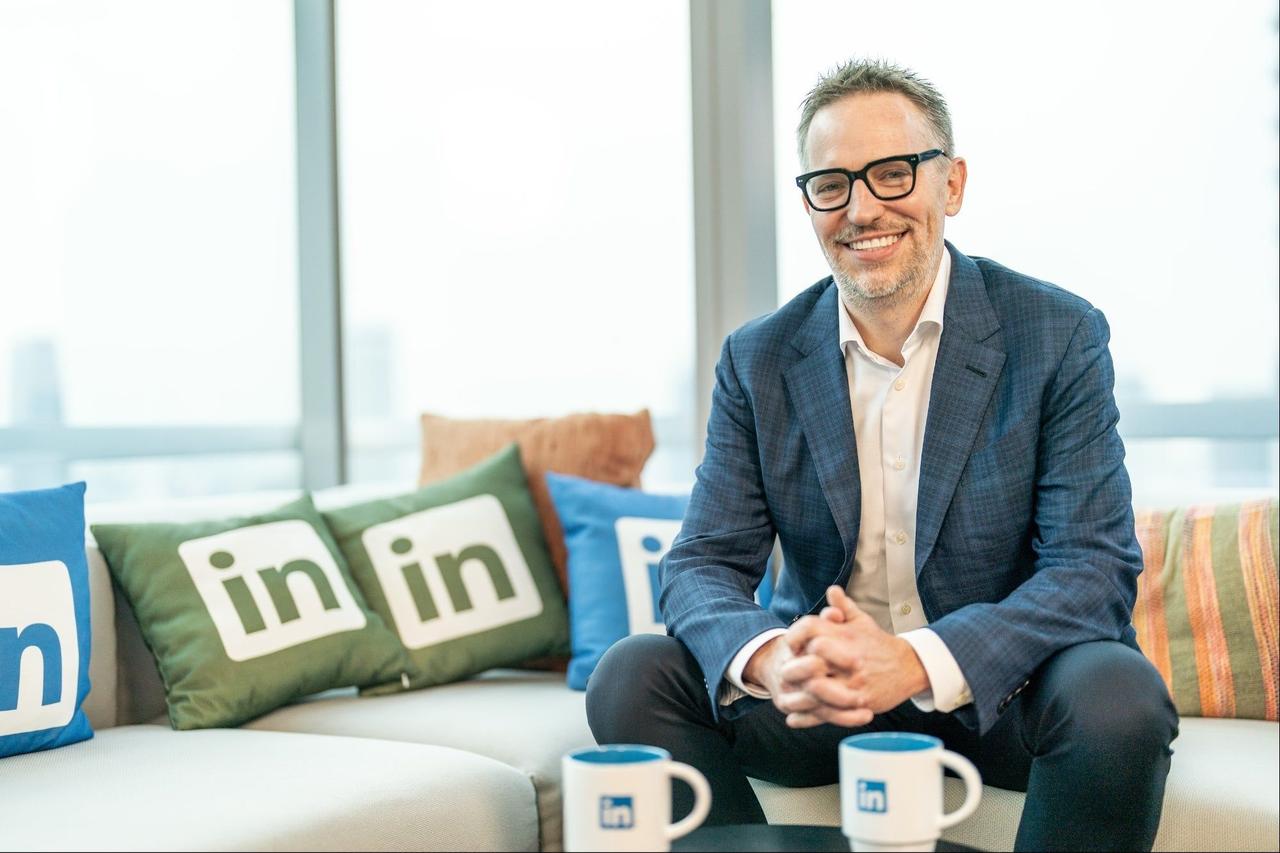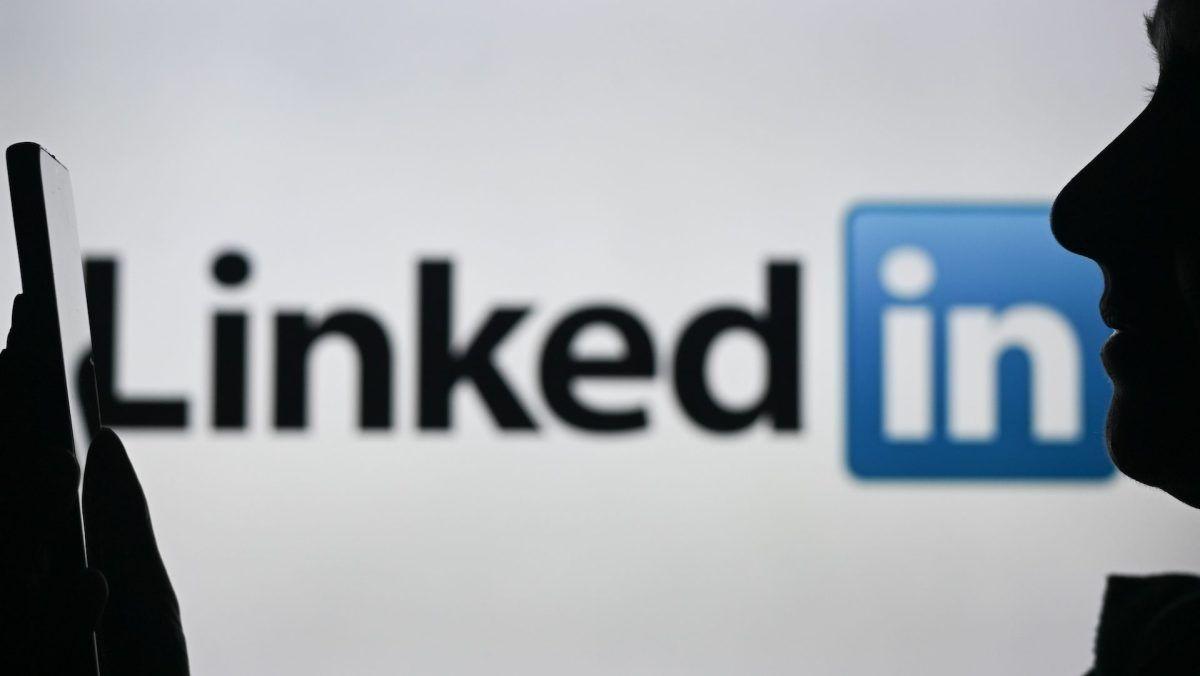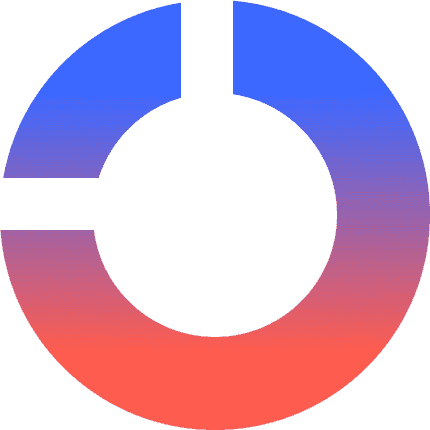LinkedIn's AI Writing Assistant Faces Unexpected Challenges in User Adoption
4 Sources
4 Sources
[1]
LinkedIn CEO says AI writing assistant is not as popular as expected | TechCrunch
While LinkedIn users seem to have embraced AI, there's one area that's seen less uptake than expected, according to CEO Ryan Roslansky: AI-generated suggestions for polishing your LinkedIn posts. "It's not as popular as I thought it would be, quite frankly," Roslansky told Bloomberg. When asked why, he argued that the "barrier is much higher" to posting on LinkedIn, because "this is your resume online." Plus, users can face real backlash if they post something that's too obviously generated by AI. "If you're getting called out on X or TikTok, that's one thing," he added. "But when you're getting called out on LinkedIn, it really impacts your ability to create economic opportunity for yourself." At the same time, Roslansky noted that the professional social network has seen a 6x increase in jobs requiring AI-related skills over the past year, while the number of users adding AI skills to their profiles is up 20x. And he said he uses AI himself when he talks to his boss, Microsoft CEO Satya Nadella: "Every time, before I send him an email, I hit the Copilot button to make sure that I sound Satya-smart."
[2]
LinkedIn's AI Writing Tool Isn't as Popular as It Thought It Would Be
Every social media platform is looking for ways to inject artificial intelligence features to make the experience better and keep you using that service for longer. LinkedIn is no different, and the brand has spent the last couple of years injecting new AI tools to keep you on its platform. LinkedIn's CEO has now shared that one of its tools isn't as popular as the brand initially expected, and he has a theory on why. LinkedIn CEO, Ryan Roslansky, said in an interview with Bloomberg that the company's AI-powered writing assistant for posts has proven less popular than the brand had expected. "We have an ability where you write a post on LinkedIn," Roslansky said. "We are not going to write it for you from scratch, but if you're like, "Hey, help me make this sound better," you can push a button and we can give you some suggestions. It's not as popular as I thought it would be, quite frankly." His theory to why it hasn't been a runaway success is that LinkedIn users don't want to share content that is clearly AI generated. He says he believes users are more open to share AI-generated posts on rival platforms that aren't as career-focused. Roslanksy continued, "This is your professional reputation in general, which means that people are less likely to share anything on LinkedIn than they are somewhere else because the barrier is much higher. Oftentimes, when something comes across as being very AI-obvious on the platform, the rest of the community will call you out." Roslanksy specifies how he believes sharing AI-generated content to your TikTok or X profile is less likely to impact your reputation, and therefore your career. "People are watching the community and if they are using AI tools, they're going back and making sure that it feels like there's a human, authentic touch on top of it." LinkedIn's CEO also shared how prospective employers are now looking for AI skills within job ads, and potential employees are beginning to add the skills to their profiles to help improve their chances of winning a role. In the last year, job ads on the platform have seen a sixfold increase in the amount of mentions of AI as a necessary skill for the role. Users of the platform are now including "AI" as a skill 20 times more than they were this time last year. Roslanksy also confirmed in the interview that the brand's recent job cuts weren't specifically about AI innovations. Microsoft, LinkedIn's parent company, laid off over 6,000 workers in May, citing AI as one of the major factors for role cuts. Some of LinkedIn's roles were cut during this wave of layoffs, but the CEO says none of the choices were made because of AI. Microsoft is rumored to be planning thousands more job cuts in July. It's thought these will most likely impact the company's sales team.
[3]
LinkedIn's AI writer isn't as popular as hoped
LinkedIn CEO Ryan Roslansky recently told Bloomberg that the platform's AI writing assistant, designed to refine LinkedIn posts, has not achieved the anticipated adoption rate among users. This assessment highlights a specific area where AI integration has yielded unexpected results within the professional networking sphere. Roslansky elaborated on the underlying reasons for this trend, positing that the threshold for user engagement with posting on LinkedIn is substantially elevated. He characterized the platform as an individual's "resume online," implying a heightened sense of professional scrutiny and consequence associated with public contributions. This perspective suggests that users perceive their LinkedIn posts as direct reflections of their professional identity, leading to a more cautious approach to content creation. A significant contributing factor, as articulated by Roslansky, involves the potential for adverse reactions to AI-generated content. He specifically noted the severe repercussions possible when users face criticism for content perceived as overtly AI-generated on LinkedIn. Roslansky drew a distinction between scrutiny on platforms such as X or TikTok and that experienced on LinkedIn. He stated, "If you're getting called out on X or TikTok, that's one thing. But when you're getting called out on LinkedIn, it really impacts your ability to create economic opportunity for yourself." This statement underscores the unique professional implications tied to LinkedIn, where reputational damage can directly impede career advancement and economic prospects. B2B influencers can now cash in on LinkedIn Despite the lower-than-expected uptake of the AI writing assistant for post refinement, Roslansky affirmed a broader trend of increased AI integration within the professional landscape visible on LinkedIn. Data indicates a substantial increase in job postings requiring AI-related proficiencies. Over the past year, there has been a six-fold surge in the number of job roles stipulating AI skills. Concurrently, the number of LinkedIn users actively augmenting their profiles with AI-related skills has experienced an even more pronounced expansion, increasing by twenty times within the same period. These statistics collectively illustrate a significant and rapid assimilation of AI skills into the professional qualifications sought by employers and cultivated by individuals. Demonstrating personal engagement with AI tools, Roslansky shared his own practice of utilizing AI for professional communication with Microsoft CEO Satya Nadella. Nadella stated, "Every time, before I send him an email, I hit the Copilot button to make sure that I sound Satya-smart." This personal anecdote illustrates a practical application of AI in high-stakes professional correspondence, indicating a reliance on AI to optimize communication style and content for specific audiences.
[4]
LinkedIn's AI Writing Tool Isn't as 'Popular' as the CEO Thought It Would Be. Here's Why He Thinks Users Are Shunning It.
An AI tool on LinkedIn has failed to gain traction with the platform's over one billion members. LinkedIn CEO Ryan Roslansky, who has led the company for the past five years, told Bloomberg last week that LinkedIn has an AI writing tool that polishes posts written by members before they hit publish. The AI feature gives LinkedIn users the option to tap into AI-generated suggestions to improve their writing. The only problem? "It's not as popular as I thought it would be," Roslansky told Bloomberg. There's a clear reason why. Roslansky, who has overseen the company as it has grown from $7 billion in annual revenue in 2019 to nearly $17 billion in revenue in 2024, explained that LinkedIn members could face backlash for posting something AI-generated. Other members might call someone out if a post came across as AI-generated, and the label could tarnish the person's reputation on the platform and their "ability to create economic opportunity," Roslansky said. Related: Mortgage Lenders Are Checking Your LinkedIn to 'Get a Clearer Picture' of Potential Borrowers LinkedIn, unlike other social media platforms like X and TikTok, is a "your resume online" and "your professional reputation in general," which means that the bar is much higher for posts to come across as authentic, Roslansky said. "If you're getting called out on X or TikTok, that's one thing," Roslansky told Bloomberg. "But when you're getting called out on LinkedIn, it really impacts your ability to create economic opportunity for yourself." Even though AI writing tools may not be popular on LinkedIn, they do come in handy internally. Roslansky disclosed that he uses Microsoft Copilot's AI writing suggestions for emails he sends to his boss, Microsoft CEO Satya Nadella. AI skills are in high demand among the 15 million jobs featured on LinkedIn at any given time. Roslansky said that in the past year, there has been a sixfold increase in the number of jobs that require AI-related skills. At the same time, the number of members adding AI skills to their profiles has grown twentyfold. Companies are also turning to AI to help review applications. A Resume Genius survey from March of 1,000 hiring managers shows that nearly half are using AI to help screen resumes and job applications. Related: AI Is Dramatically Decreasing Entry-Level Hiring at Big Tech Companies, According to a New Analysis Meanwhile, employers are cracking down on AI use among candidates. A TopResume survey conducted in May of 600 U.S. hiring managers found that one in five automatically reject AI-written resumes, and over a third can spot an AI-created resume in under 20 seconds. Even Anthropic, a $61.5 billion AI startup that advertises its Claude chatbot as skilled in writing, asks candidates to write their materials themselves without the help of AI. Edward Kaye, a recruiter for PCI Pharma Services, wrote on LinkedIn last year that recruiters "can tell if a resume was created by AI." They look for clues like formatting, lack of personalization, and language use, he explained. "Don't get a false sense of security and leave it up to AI," Kaye wrote. "We're looking for authentic documents written by real people about their real-life experience."
Share
Share
Copy Link
LinkedIn CEO Ryan Roslansky reveals that the platform's AI writing tool for post refinement has not gained the expected popularity, citing user concerns about professional reputation and authenticity.
LinkedIn's AI Writing Assistant Underperforms Expectations
LinkedIn, the professional networking giant, has encountered an unexpected hurdle in its AI integration efforts. CEO Ryan Roslansky recently disclosed that the platform's AI-powered writing assistant, designed to refine user posts, has not achieved the anticipated level of popularity among its vast user base
1
.
Source: Entrepreneur
User Hesitancy and Professional Reputation Concerns
Roslansky attributes this lukewarm reception to the unique nature of LinkedIn as a professional platform. "This is your resume online," he explained, highlighting the higher stakes involved in posting content on LinkedIn compared to other social media platforms
2
. Users are wary of potential backlash from posting content that appears overtly AI-generated, as it could significantly impact their professional reputation and economic opportunities.The CEO emphasized the stark difference between facing criticism on platforms like X or TikTok versus LinkedIn. "If you're getting called out on X or TikTok, that's one thing. But when you're getting called out on LinkedIn, it really impacts your ability to create economic opportunity for yourself," Roslansky stated
3
.AI Skills in High Demand
Despite the cautious approach to AI-generated content, LinkedIn has observed a significant surge in AI-related job postings and skill additions. Over the past year, there has been a sixfold increase in job listings requiring AI-related skills. Simultaneously, the number of users adding AI skills to their profiles has skyrocketed, growing twentyfold
1
.AI in Professional Communication
Interestingly, while users may be hesitant to use AI for public posts, some professionals, including Roslansky himself, leverage AI tools for private communications. The CEO admitted to using Microsoft's Copilot AI writing suggestions when composing emails to Microsoft CEO Satya Nadella, aiming to "sound Satya-smart"
4
.Related Stories
AI in Hiring Processes

Source: TechCrunch
The impact of AI extends beyond content creation to the hiring process itself. A recent survey revealed that nearly half of hiring managers are now using AI to screen resumes and job applications. However, this trend is met with caution from both sides. Some employers are actively rejecting AI-written resumes, with one in five automatically disqualifying such applications
4
.The Future of AI on Professional Platforms
As LinkedIn navigates this complex landscape, the platform faces the challenge of balancing AI integration with user authenticity concerns. The contrasting trends of low adoption of AI writing tools and high demand for AI skills in the job market highlight the nuanced relationship between AI and professional networking.

Source: PC Magazine
This situation underscores the ongoing evolution of AI's role in professional environments, where the technology's potential benefits must be weighed against the value placed on human authenticity and individual reputation.
References
Summarized by
Navi
[3]
Related Stories
Recent Highlights
1
Pentagon threatens Anthropic with Defense Production Act over AI military use restrictions
Policy and Regulation

2
Google Gemini 3.1 Pro doubles reasoning score, beats rivals in key AI benchmarks
Technology

3
Anthropic accuses Chinese AI labs of stealing Claude through 24,000 fake accounts
Policy and Regulation








